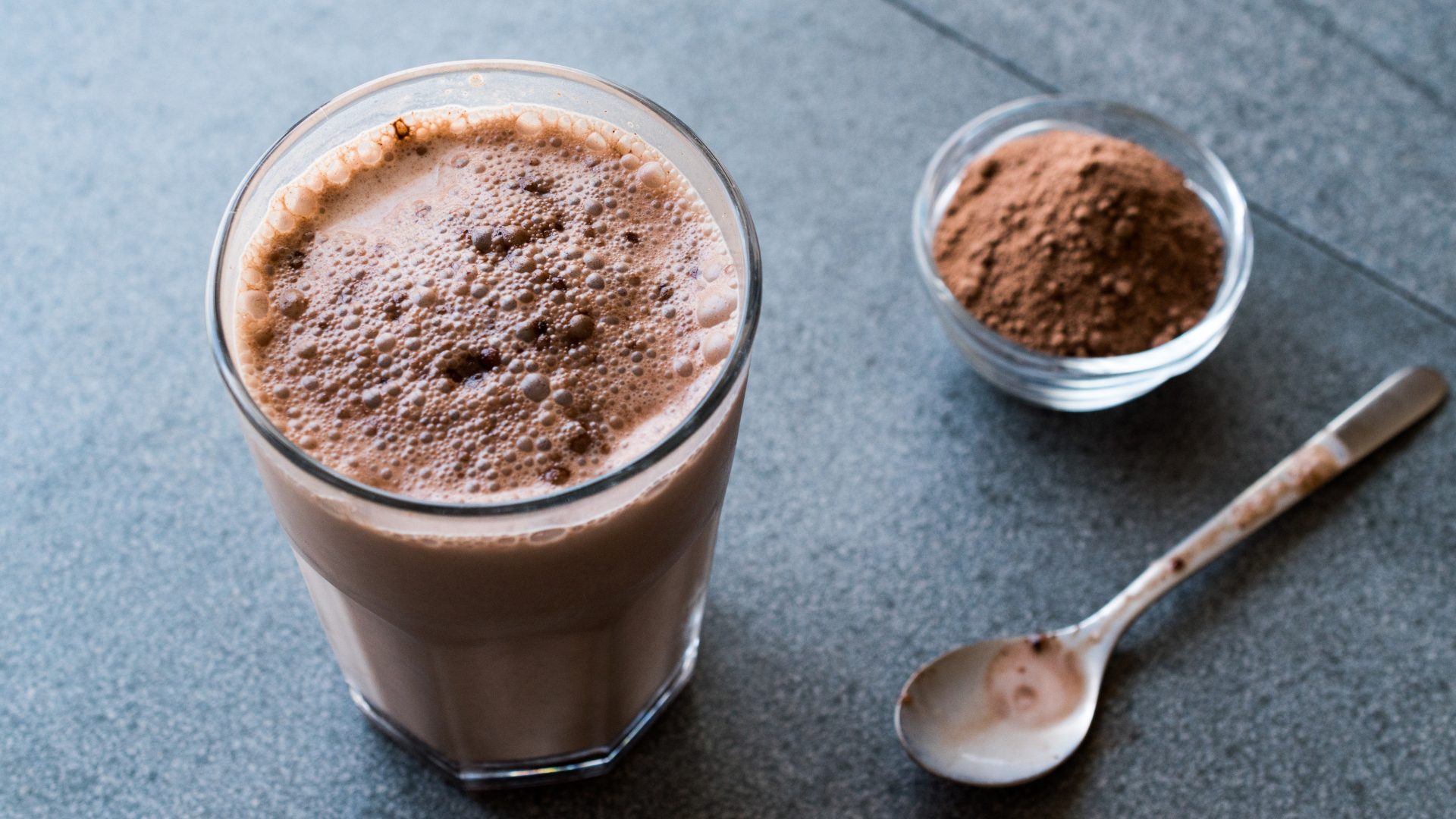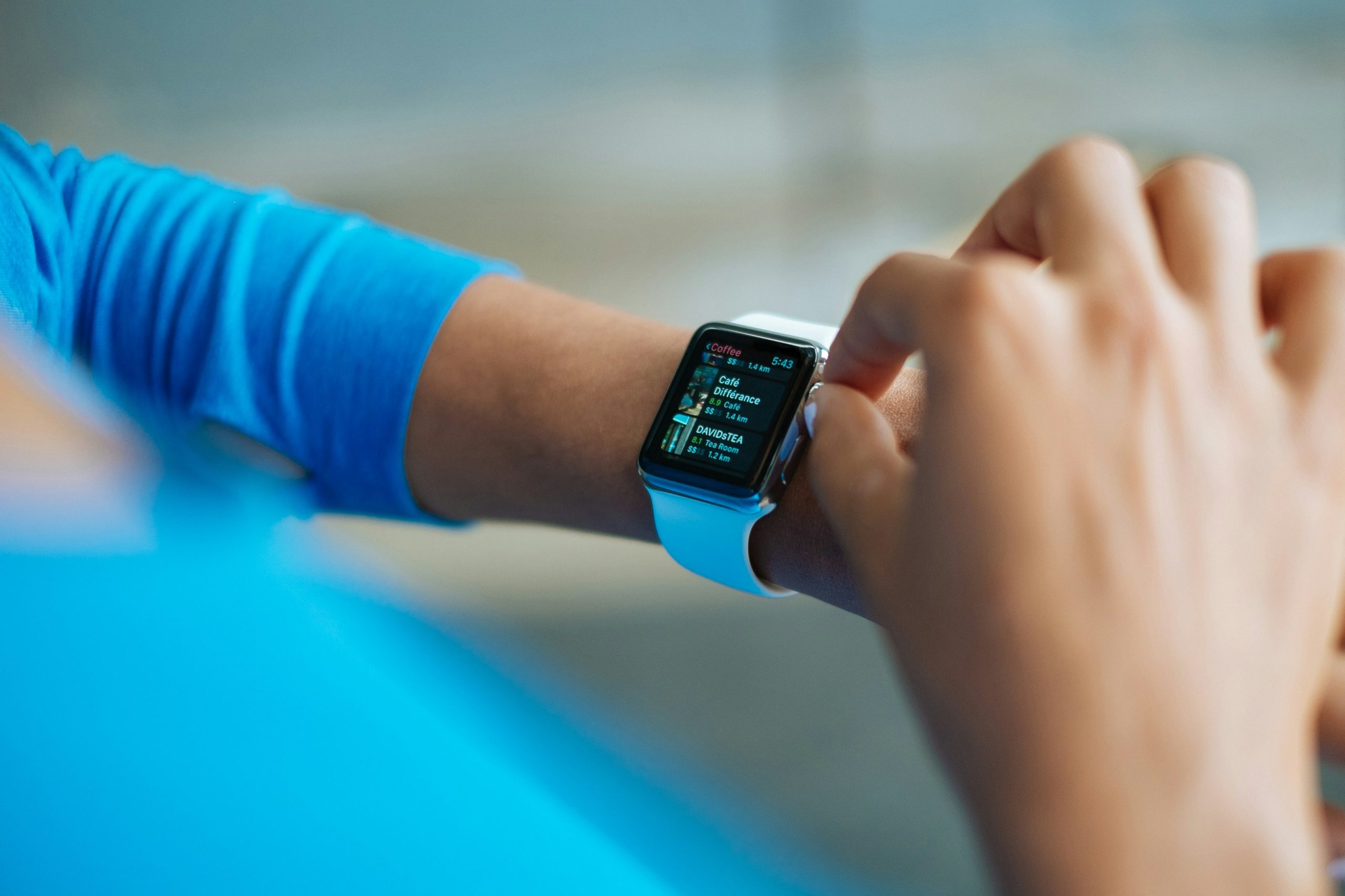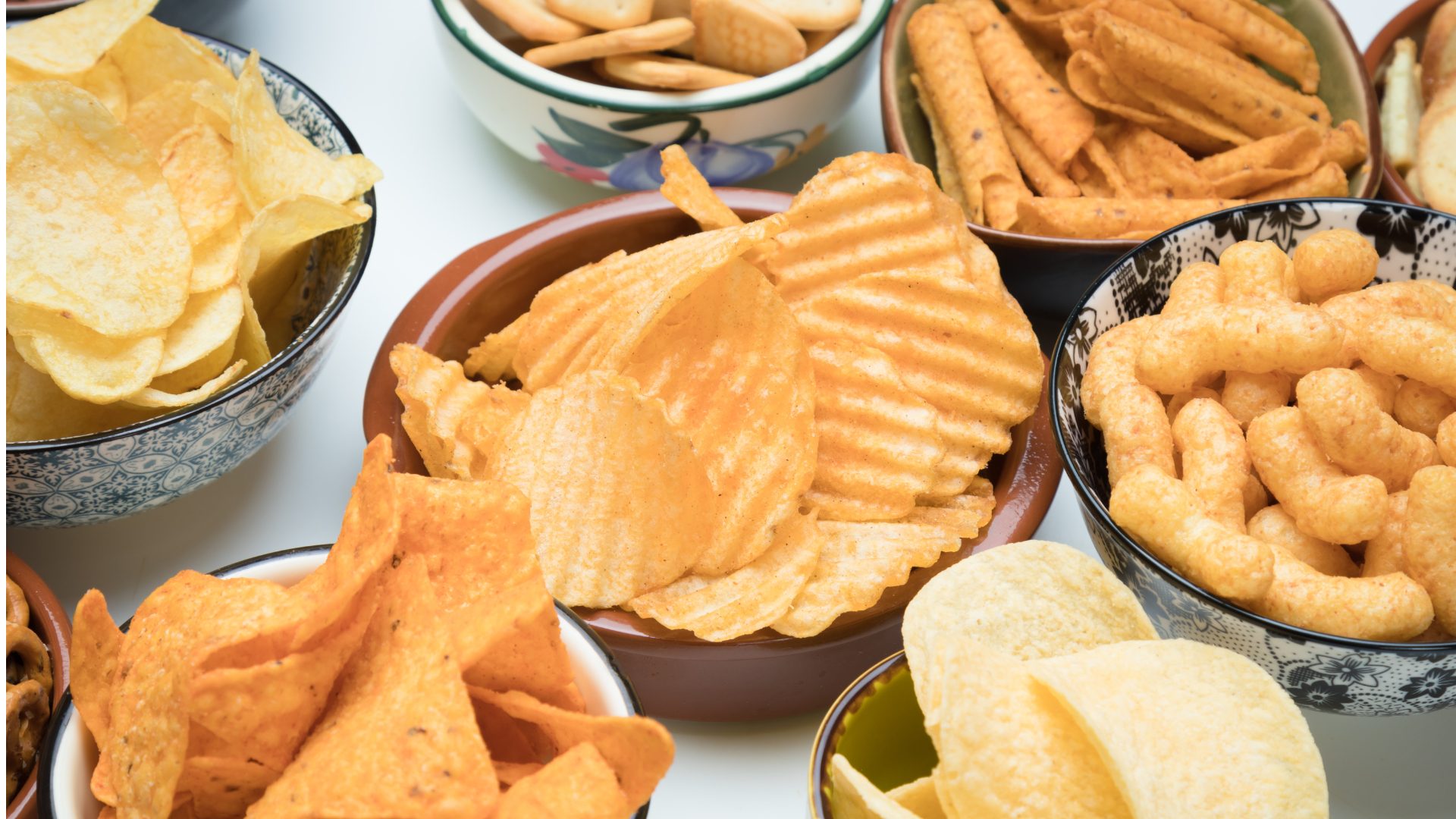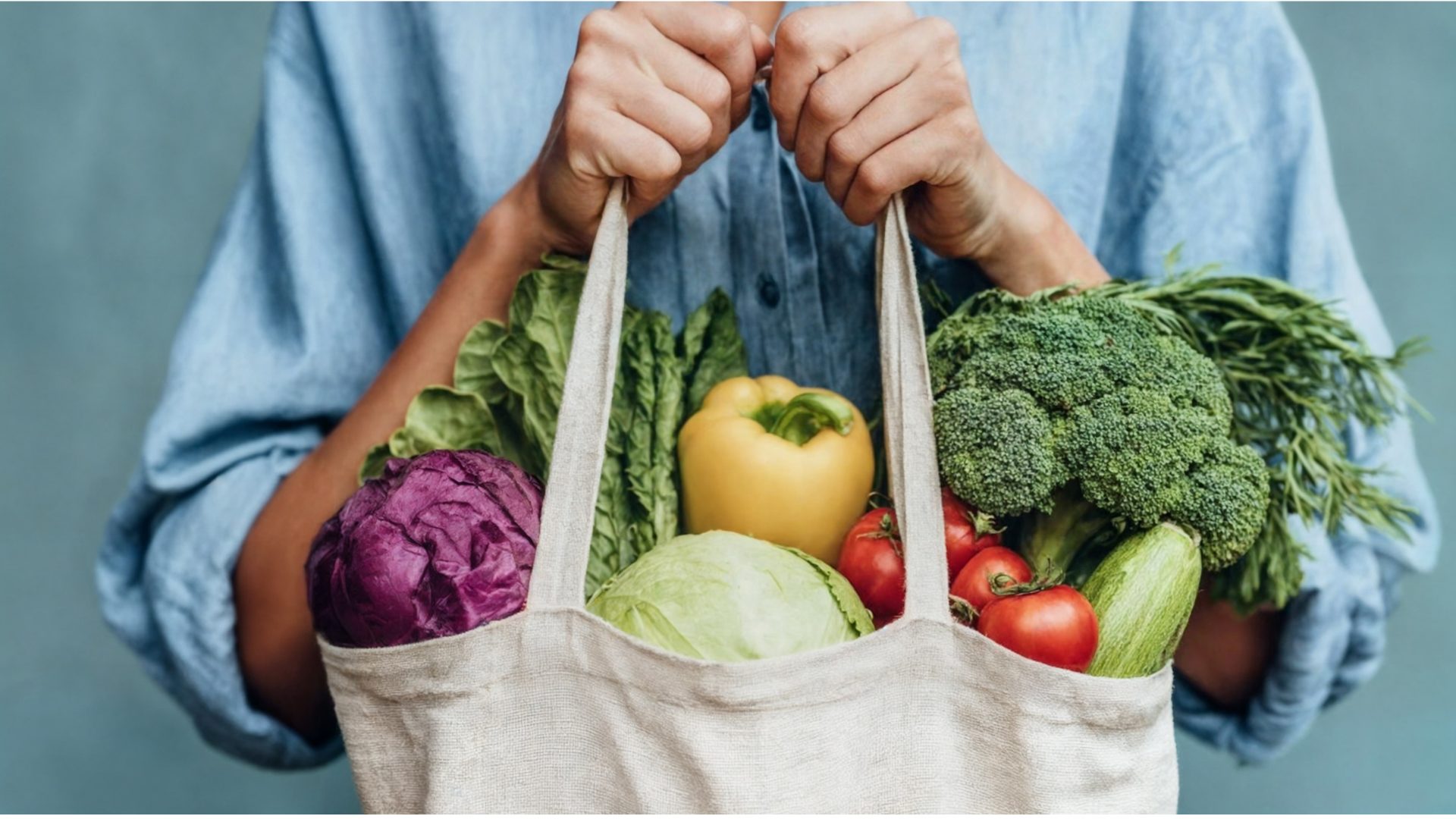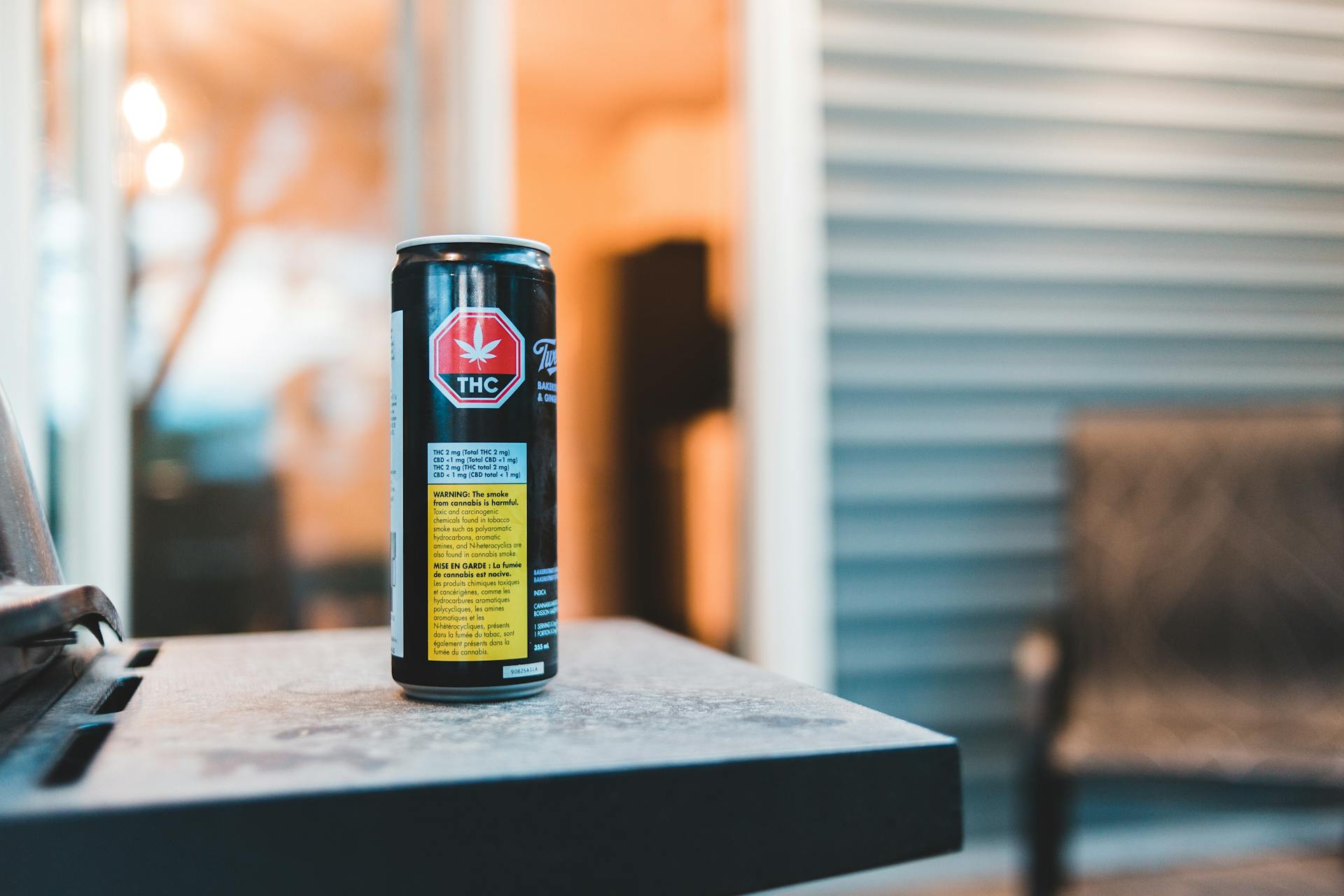The surge in the use of GLP-1 drugs like Ozempic and Wegovy for weight loss has opened up new opportunities for food manufacturers amid concerns rapid weight loss can lead to muscle loss.
Manufacturers like Danone and Nestlé are launching lines of high-protein drinks to help curb appetite and preserve muscle as weight-loss patients shed pounds. But there are caveats.
“Protein beverages can be moderately effective for GLP-1 patients in preserving muscle mass during rapid weight loss, as protein is essential for maintaining muscle tissue and strength,” Kayla Kamen, in-house dietitian at Drink Wholesome, told The Food Institute. “However, the form matters less than consistency and digestibility, as many patients struggle with traditional protein drinks due to GLP-1’s common side effects like nausea and digestive upset, which can limit absorption.”
Additionally, Kamen said, some patients are unable to tolerate the synthetic compounds commonly found in such drinks, exacerbating gastrointestinal issues.
The overall U.S. protein drink market was valued at $9.88 billion in 2024 and projected to hit $22.58 billion by 2032, according to Fortune Business Insights. Mordor Intelligence reported the North American ready-to-drink sector made up 38.8% of revenue in 2024.
Drinks aren’t the only high-protein player. Some of Conagra’s Healthy Choice meals are labeled “GLP-1 friendly” while Nestlé unveiled its Vital Pursuit line.
The Centers for Disease Control and Prevention estimates 73.6% of American adults are overweight, including 40.3% categorized as obese.
Danone said it’s targeting GLP-1 patients with its new Oikos Fusion product, a cultured, lactose-free drink containing 23 grams of protein and 5 grams of prebiotic fiber, and fortified with vitamins D, B3 and B12. It will come in three flavors: strawberry, mixed berry and vanilla.
“I’ve had plenty of patients on GLP-1 medications come back one week later and complain of hair falling out or shaking off weight like leaves,” bariatric surgeon, Dr. Hector Perez, told FI. “The industry has taken note, and brands like Danone and Nestlé’s Boost Pre-Meal Hunger Support are launching products specifically for these folks. Even Smoothie King has introduced an entire GLP-1 Support Menu with smoothies packed with protein and fiber.”
“Protein drinks absolutely have a role. Patients who pair them with regular resistance training, high-quality protein intake, and micronutrient tracking are preserving muscle mass,” the doctor said.
“Whey-based options like Nestlé’s microgel-enhanced Boost shots and Danone’s Oikos Fusion … make sense. I’ve gone over the clinical trials that show Nestlé’s pre-meal shots blunt glucose spikes and GLP-1, which supports fullness and muscle retention, and they look promising.”
Perez said these drinks shouldn’t be used as meal replacements because doing so may bypass satiety sensors triggered by chewing. Additionally, they rely on artificial sweeteners and lack micronutrients, “so, we don’t know the long-term impact.”
A study from Baylor University Medical Center found overuse of protein supplements can lead to chronic kidney disease.
The Food Institute Podcast
How will the One Big Beautiful Bill Act (OBBBA) impact your food business? Unraveling the implications of new legislation is never easy, but Patrick O’Reilly and Jeff Pera of CBIZ explain how provisions of the bill related to no tax on tips, depreciation and expensing of capital purchases, and research and development will impact the industry.


